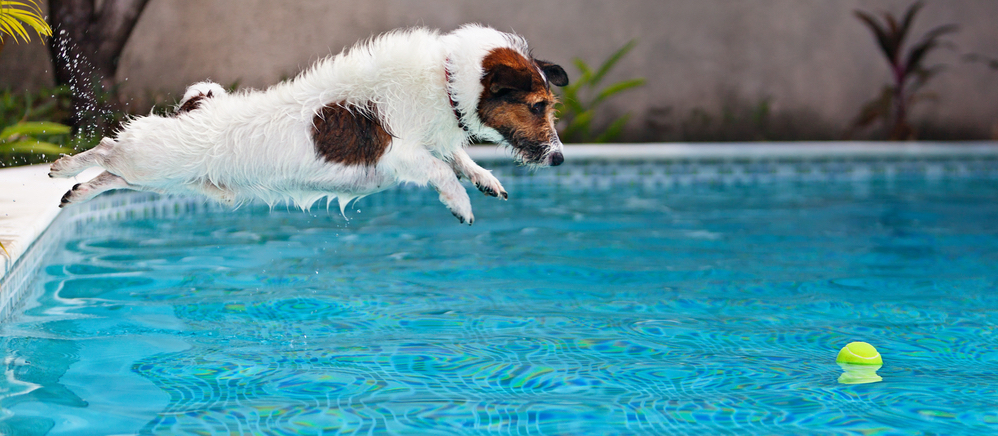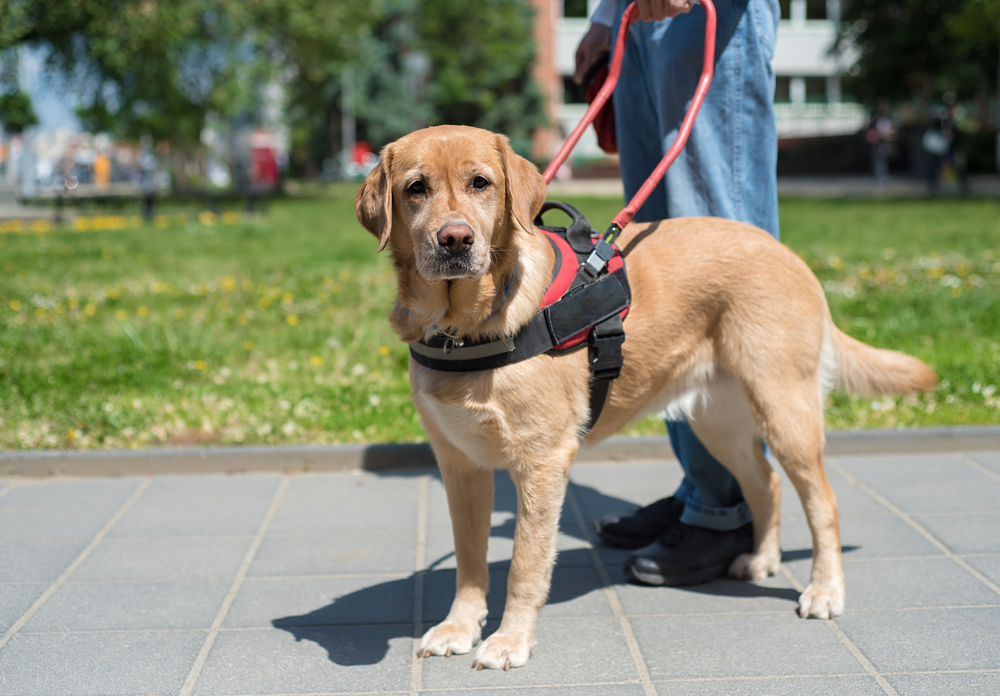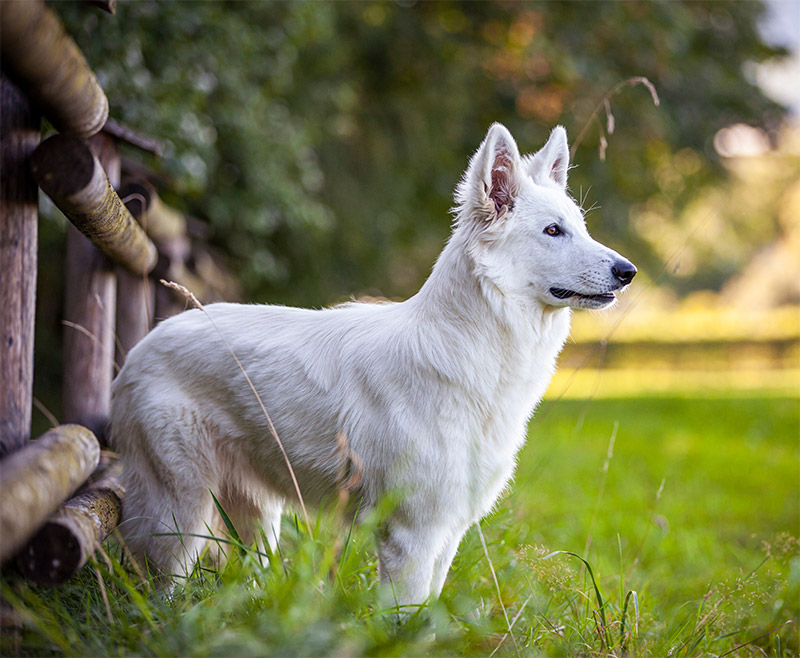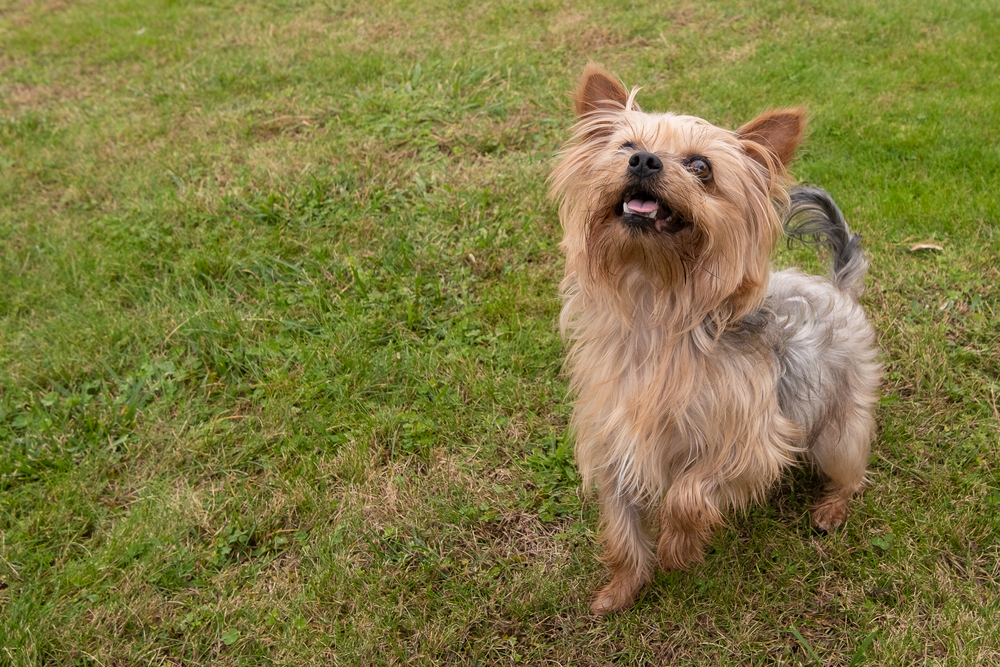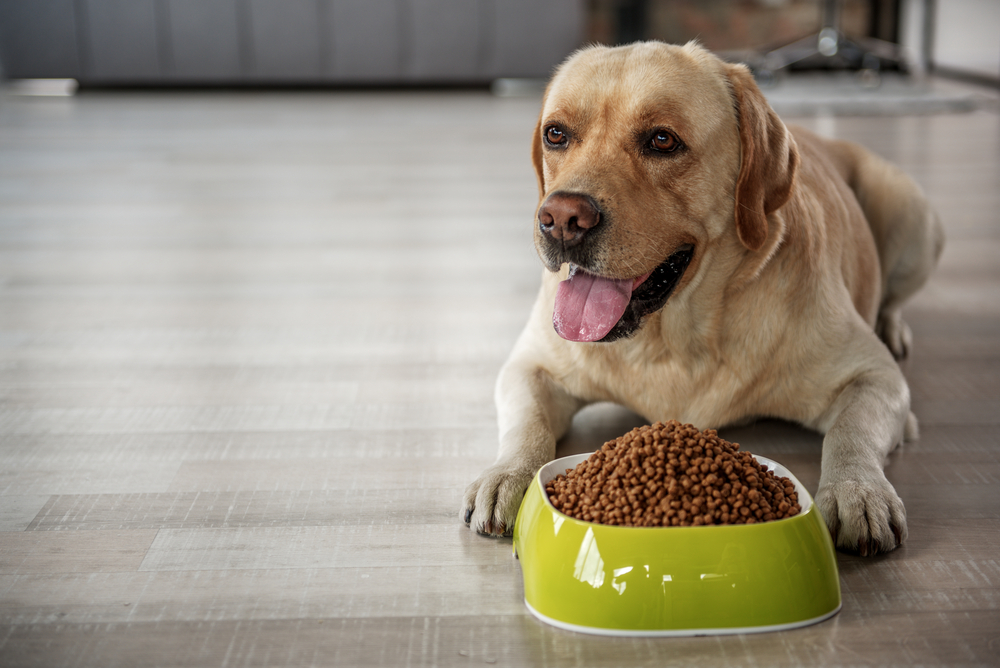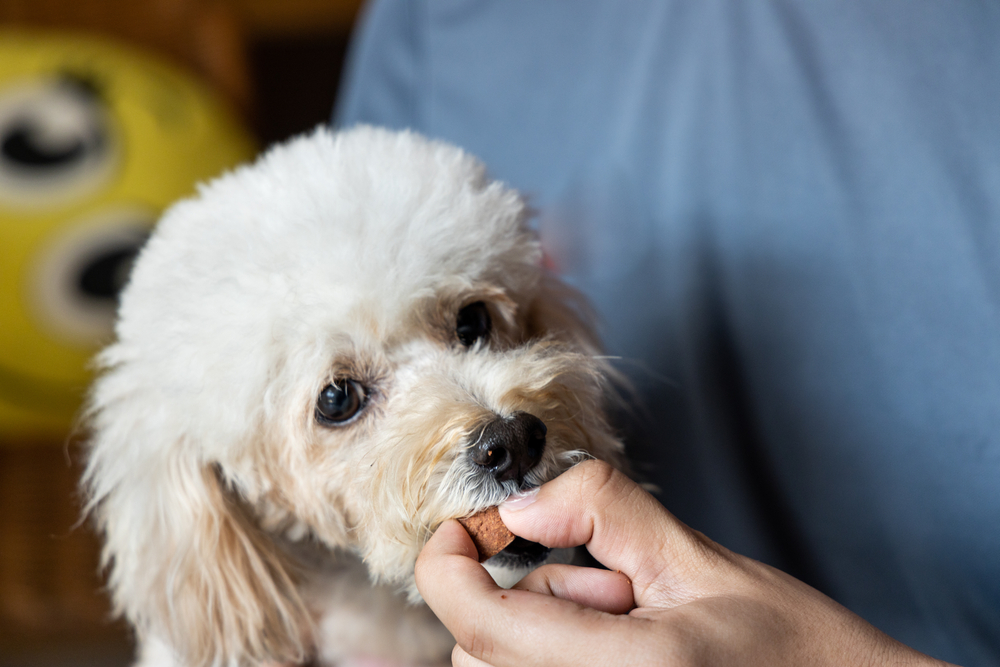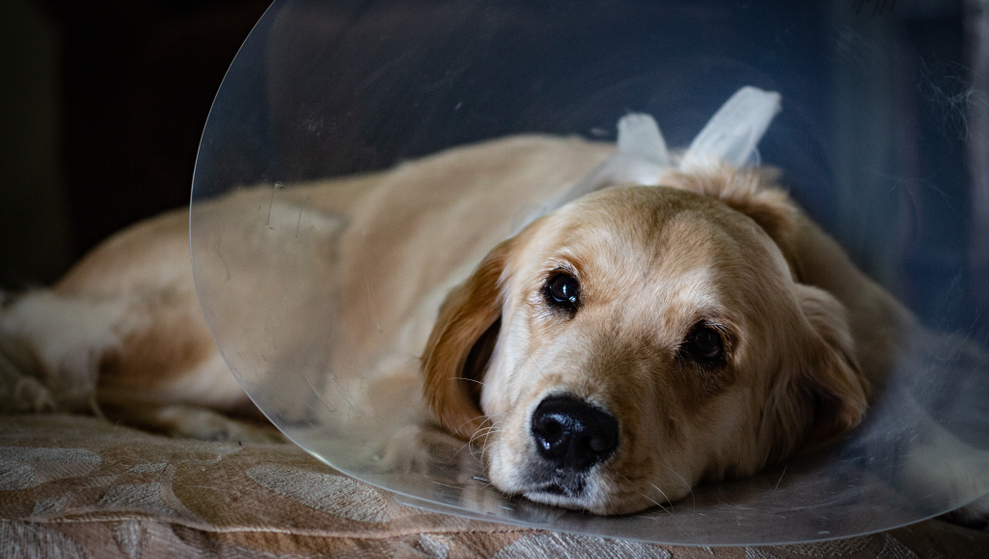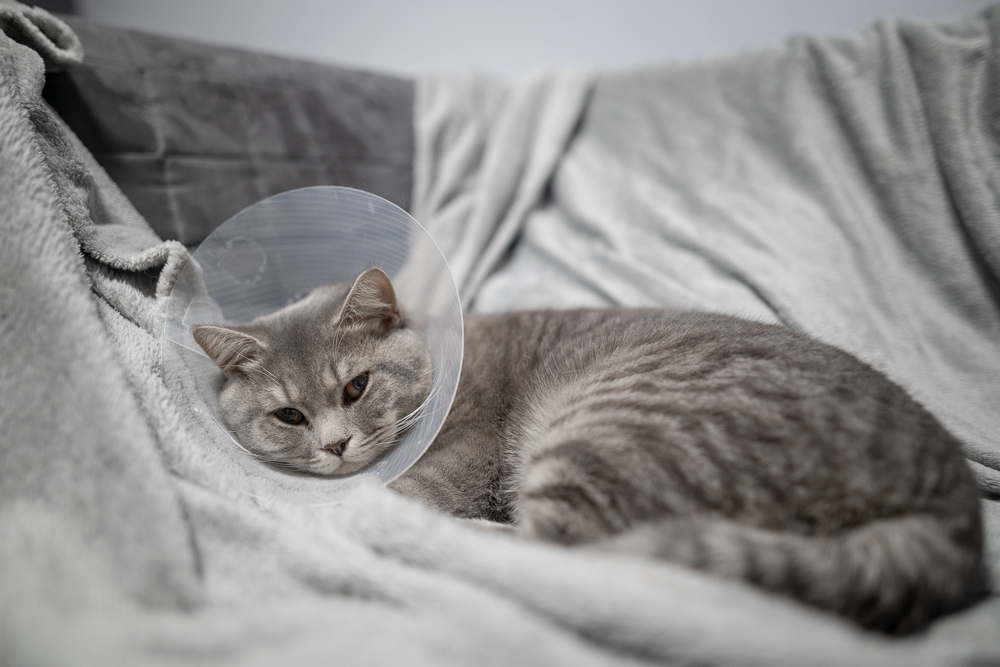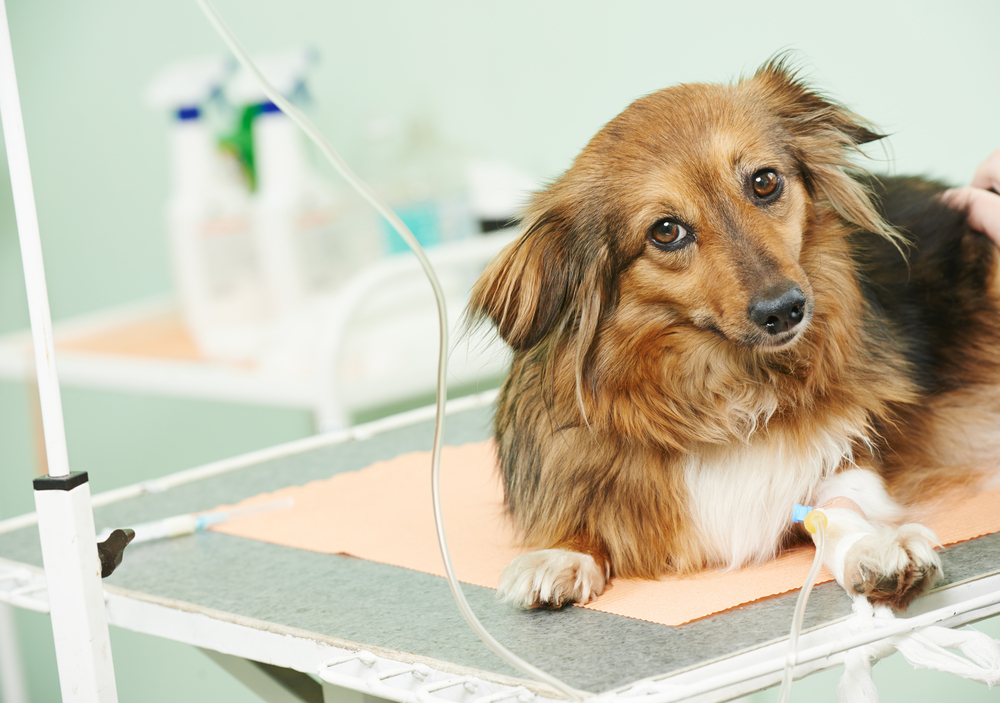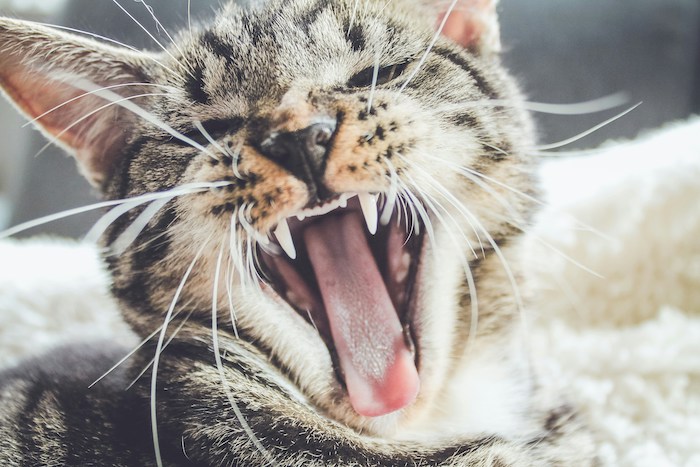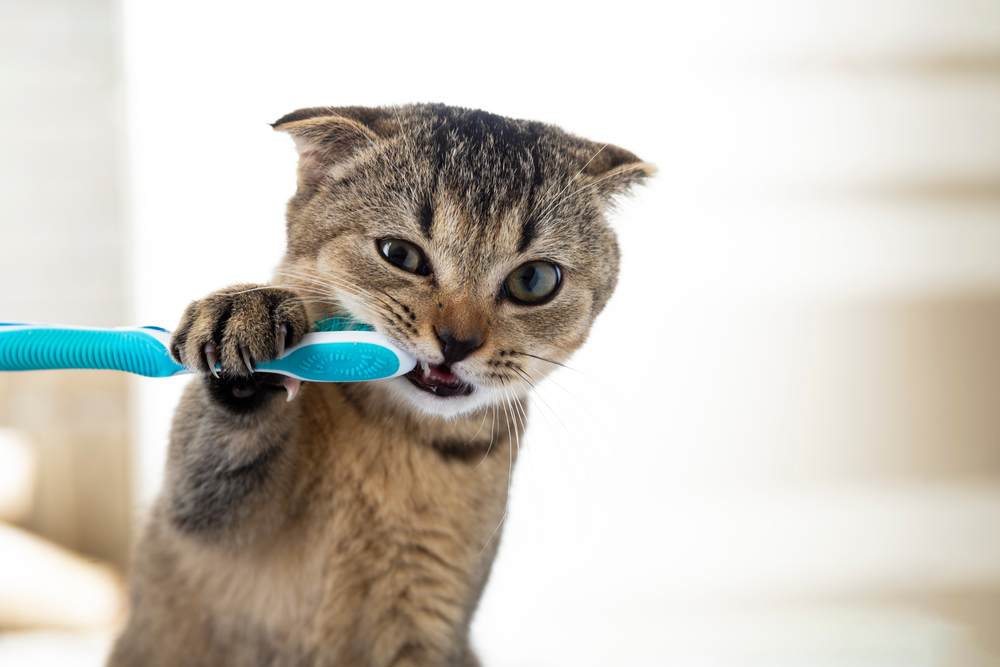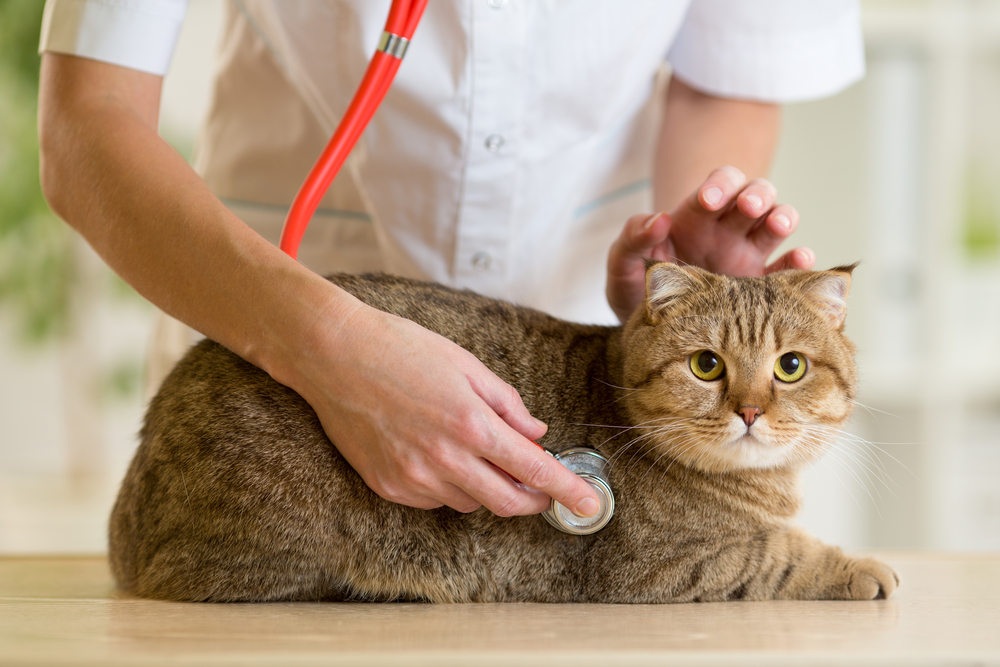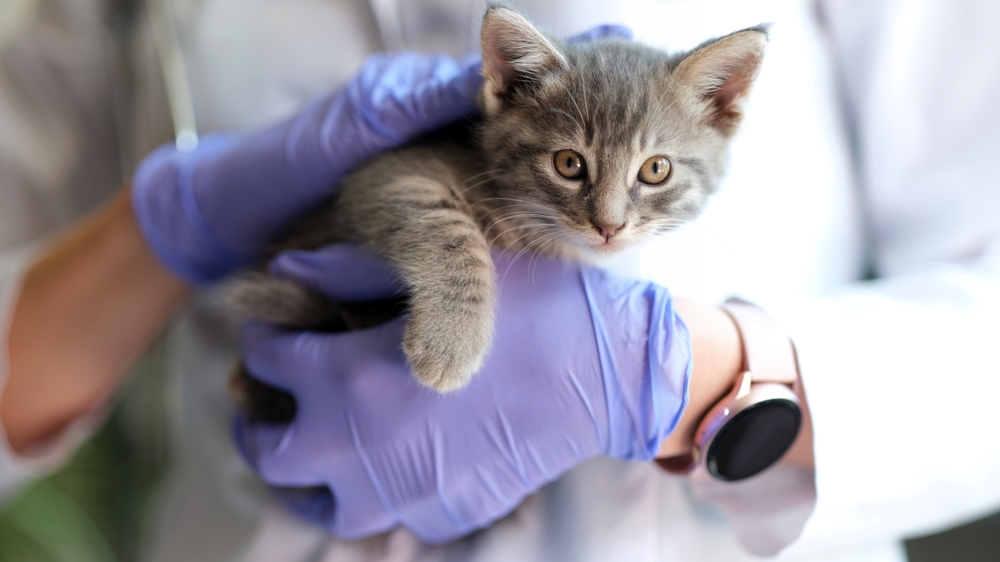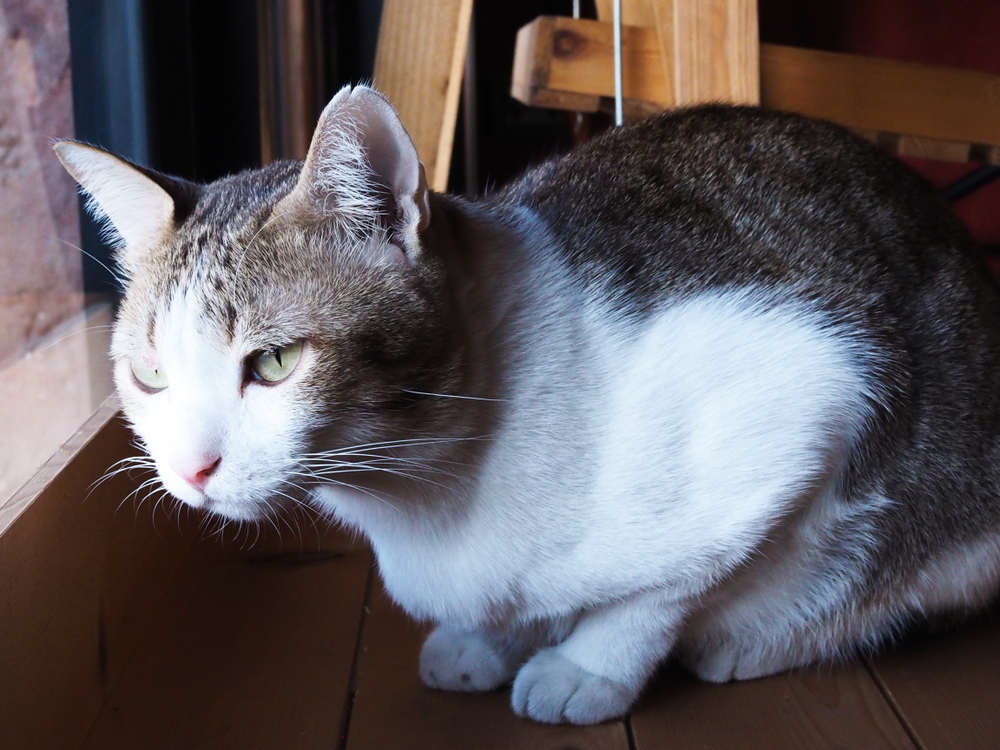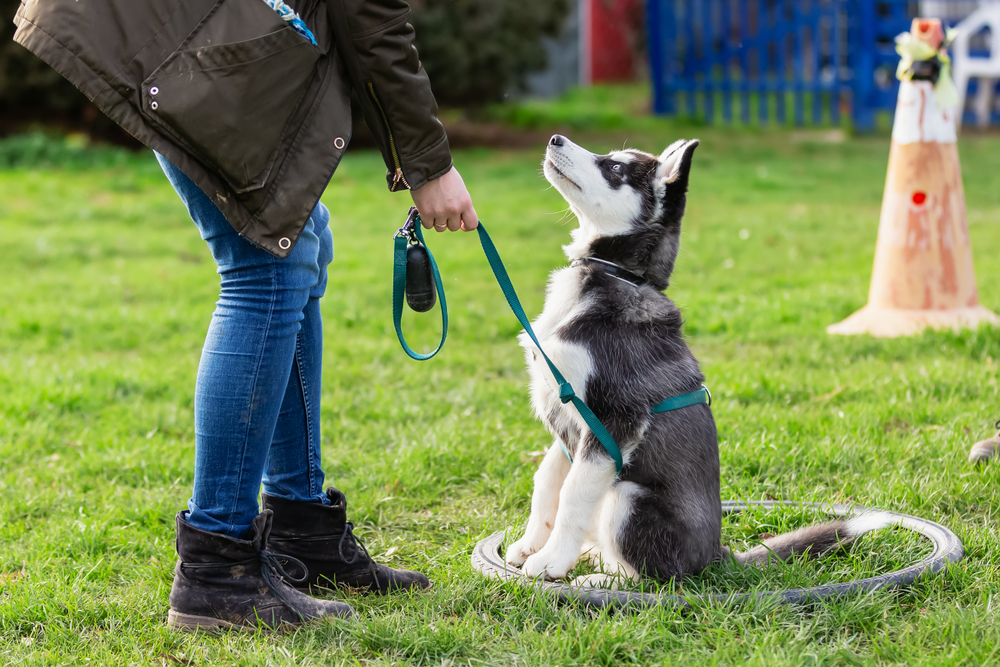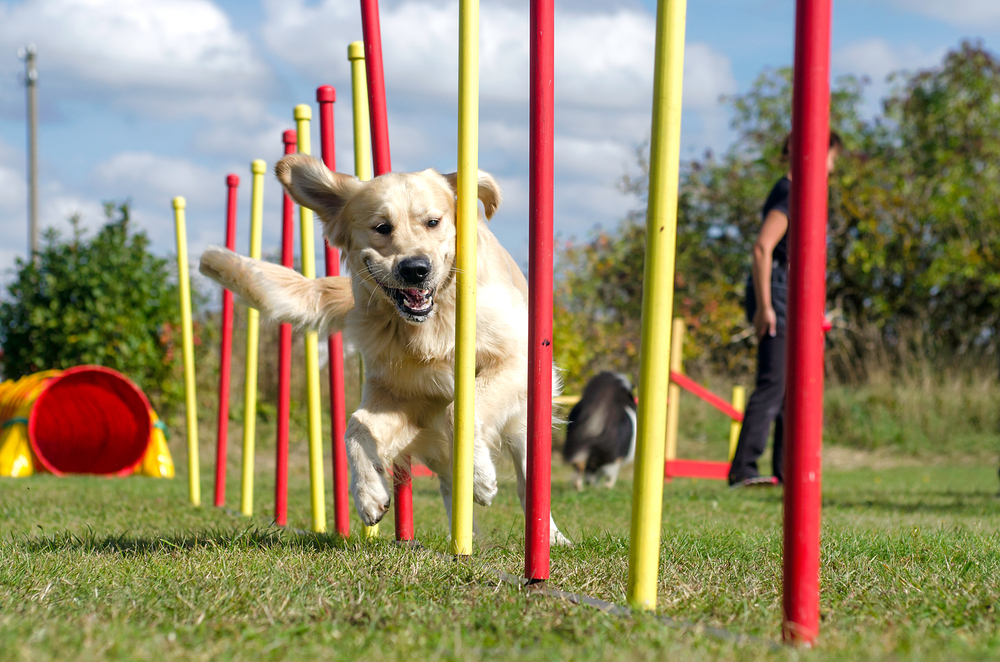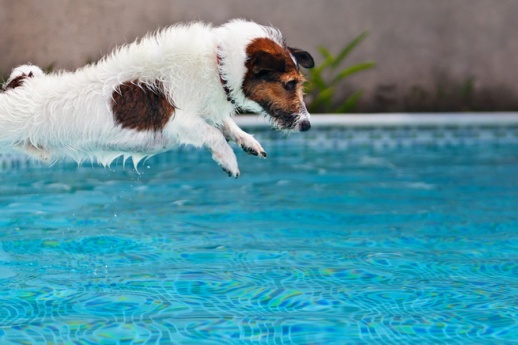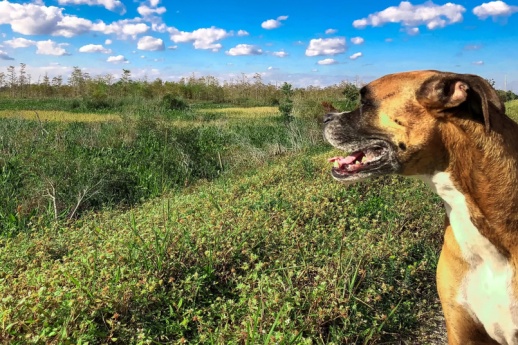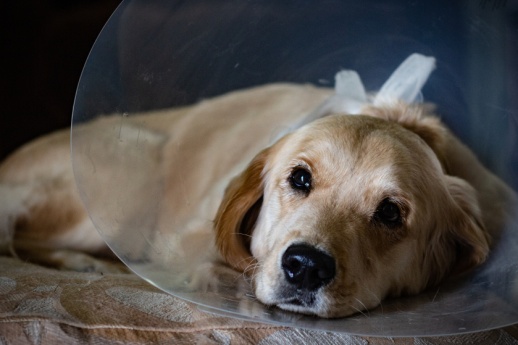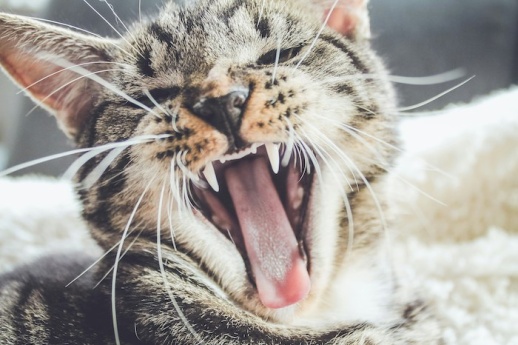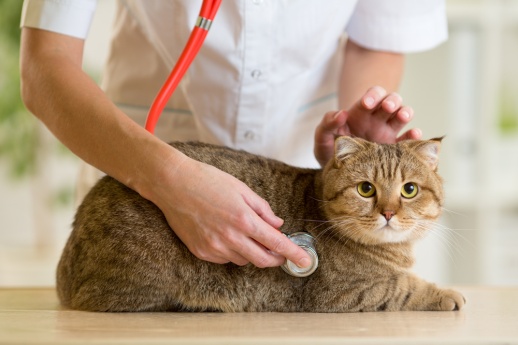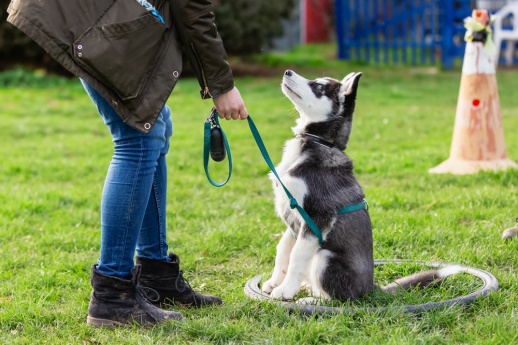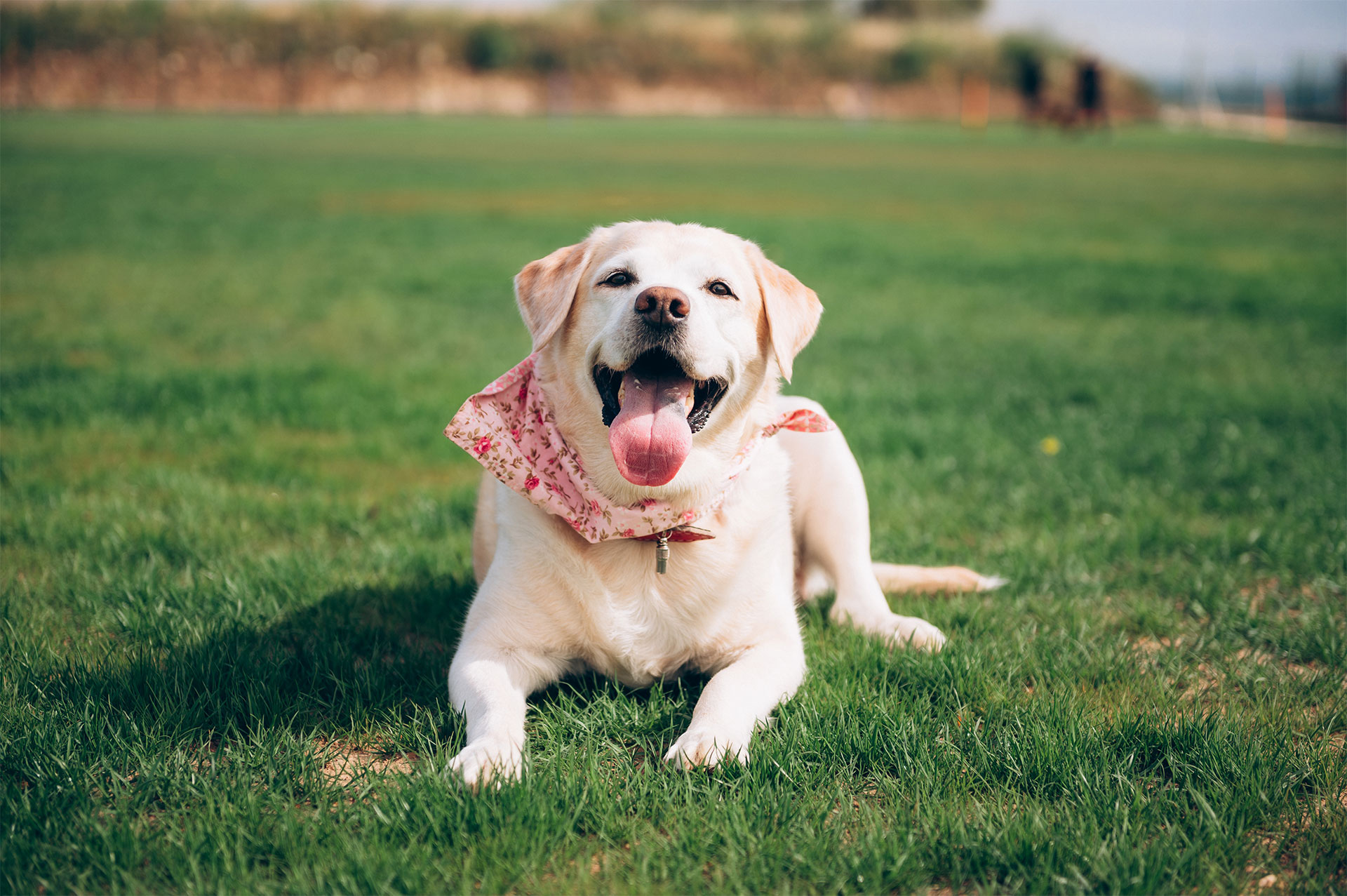
Summer Safety Tips for Pensacola Pet Parents
Summer in Pensacola means sunshine, beach days, and outdoor fun—not just for people, but for our furry companions too! But while the Gulf Coast offers plenty of reasons to get outside, it also comes with heat, humidity, and hidden risks for pets. At Olive Branch Pet Hospital, we care deeply about your pet’s health and happiness, and we’re here to help you keep them safe all summer long. Read on for our top summer safety tips for Florida pet parents.
Summer Pet Safety Tips
1. Watch for Signs of Overheating
Pensacola’s summer heat can be intense, especially during midday hours. Dogs and cats can’t regulate their body temperature as efficiently as humans. Heatstroke is a real danger, particularly for flat-faced breeds like Bulldogs and Persians.
Warning signs of overheating include:
Excessive panting or drooling
Lethargy or weakness
Vomiting or diarrhea
Bright red gums or tongue
If you notice any of these symptoms, move your pet to a shaded area, offer cool (not cold) water, and contact us immediately.
2. Limit Outdoor Time During Peak Heat
The sun is strongest between 10 a.m. and 4 p.m. During these hours, pavement and sand can become dangerously hot—hot enough to burn your pet’s paws.
Tips:
Walk pets early in the morning or after sunset.
Test surfaces with your hand—if it’s too hot for you, it’s too hot for them.
Invest in protective booties or stick to grassy paths.
3. Keep Hydration a Top Priority
Florida heat and humidity make hydration essential. Pets need constant access to clean, fresh water, especially if they’re playing outside or enjoying beach time.
Extra hydration tips:
Bring a collapsible water bowl when you’re out and about.
Add ice cubes to their water for a refreshing twist.
Try pet-safe frozen treats like ice pops made from low-sodium broth.
4. Don’t Leave Pets in Parked Cars—Ever
Even a quick trip into the store can turn deadly. On a 90°F day, the interior of a parked car can soar to 120°F in just minutes. Cracking the windows doesn’t help. Never leave your pet in a car, even “just for a minute.”
If you see an animal in distress in a hot car, act quickly—Florida law allows you to take reasonable action to rescue them.
5. Be Cautious with Pools and Beaches
Pensacola’s beaches and backyard pools are fun, but not all pets are natural swimmers. Saltwater ingestion and pool chemicals can cause stomach upset or worse.
Water safety guidelines:
Use a pet life vest for swimming.
Rinse your pet off after ocean play to remove salt and sand.
Don’t let your pet drink from pools or the Gulf.
6. Protect Against Fleas, Ticks, and Mosquitoes
Florida’s warm climate is paradise for pests that carry diseases like heartworm and Lyme. Consistent parasite prevention is a must.
Ask us about:
Monthly flea and tick preventatives
Heartworm protection
Vaccination updates for outdoor adventure pets
7. Provide a Safe, Cool Shelter
Whether your pet lives indoors or spends time outside, make sure they have a cool, shaded retreat. Avoid metal surfaces that retain heat and ensure they’re never left outside unattended for long periods.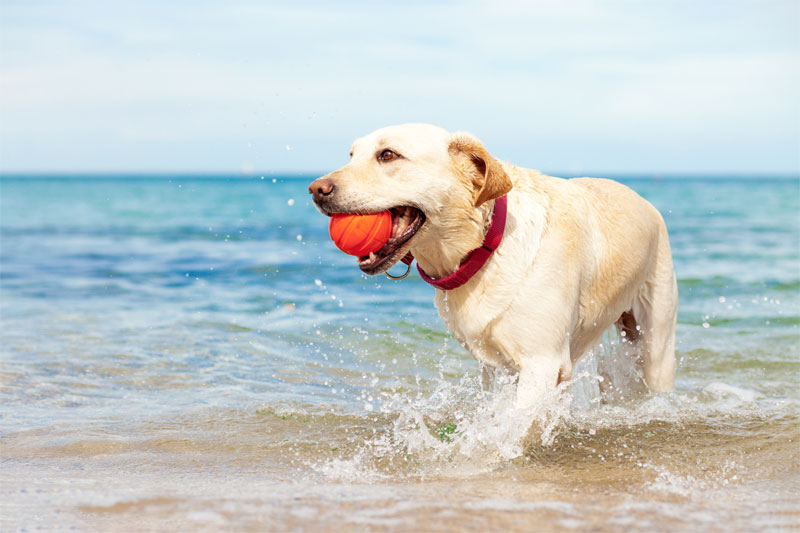
Book Your Pet’s Summer Check-Up with Us: Contact Olive Branch Pet Hospital Today!
At Olive Branch Pet Hospital, we’re more than your neighborhood vet—we’re your partners in pet parenthood. Whether your pet needs updated vaccines, parasite protection, or just a summertime wellness exam, we’re here to help them thrive through the hottest months of the year.
Pensacola pet parents: Book your pet’s summer check-up today and let’s make this season a safe and happy one for your furry family.



